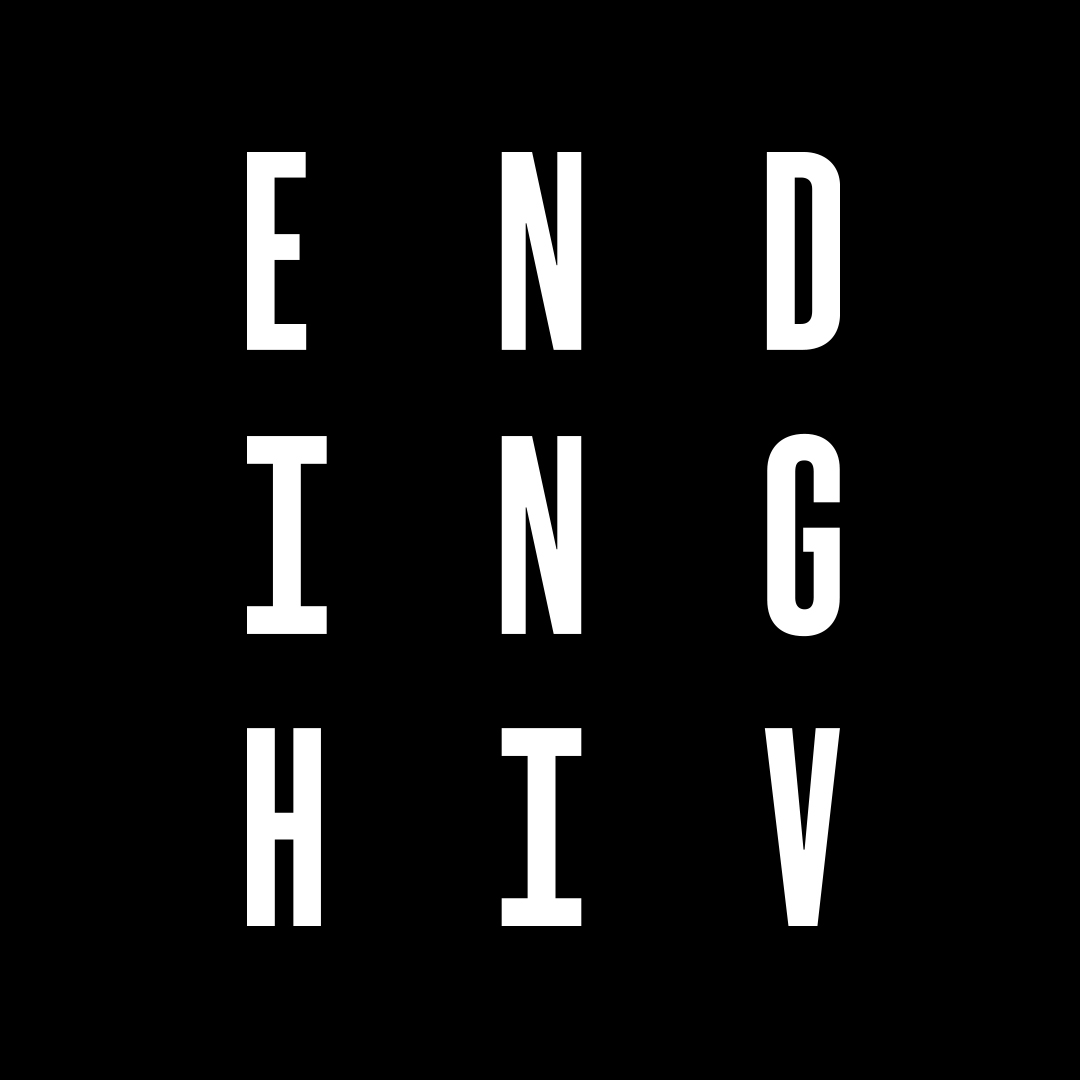Community-Based Testing
One of the pillars of this campaign is for all gay men to get tested for HIV at least twice a year and up to four times if they have lots of partners (more than 10 in 6 months). However, once the knowledge and intent is there, where do we go to actually do it?
In Australia, there have been two primary methods of testing for HIV (and other STIs). These are through GPs and through sexual health clinics. Both have their benefits and drawbacks. The benefit of going through your own doctor is that one person gets a holistic sense of all your health needs and can act accordingly. However, some doctors don’t have a lot of experience in sexual health or you may not be comfortable discussing your sex life with them, which can sometimes present a barrier to effective care. Sexual health clinics address this by having specialised medical professionals who are used to discussing sex of all kinds, but getting to one may be less convenient and some people are concerned about going into a clinic because they don’t want to be seen accessing the service.
Introducing Community-Based Testing to Australia
However, there are moves in Australia to introduce a different form of testing service, particularly for gay men, which is already used in many other countries around the world called ‘community-based testing’. It can take on many forms, including
• outreach from existing sexual health clinics into community spaces (such as NGOs or saunas),
• specific organisations that employ doctors and nurses for this purpose (like a clinic but not part of government health infrastructure),
• peer-based testing, which is run by members of the community, with support and oversight from trained medical professionals.
These services typically have the benefits of being more community connected, sensitive to specific community needs and situated in more accessible locations. In Australia, there are some examples of community-based testing service targeting gay men including the highly successful M-Clinic in Western Australia.
A recent small scale research project conducted on behalf of the Australian Federation of AIDS Councils (AFAO), found that the thing that helps gay men to test regularly the most is finding a service that they feel respected at and won’t be judged or berated for their behaviour. The type of service that they choose will depend on their own needs and priorities and for some men, community testing options will be the service they need to get testing regularly.
Next Steps for Community Based Testing
We believe that the purpose of introducing community based testing on a wider scale in Australia should be to widen the testing options available to our community, not to replace the existing services.
However, there are some challenges when considering the introduction of community-based testing, in particular the use of peer-based testers within a service. The most important is ensuring that staff conducting HIV testing are trained to ensure that the clients get a high quality service and, in particular, any positive (or ‘reactive’ in the case of rapid HIV tests) results are handled sensitively and professionally. Clinical oversight from medical professionals would also need to be necessary from both a professional and legal standpoint.
What type of service do you prefer to use? What is it that you look for in a testing service?
